
Nursing courses in Central Coast
Course providers in Central Coast
The following providers offer Nursing courses in Central Coast.
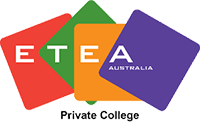








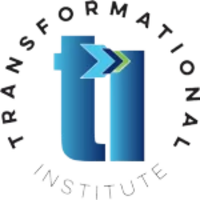
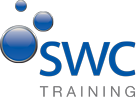







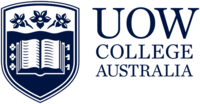




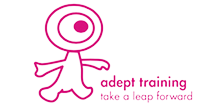





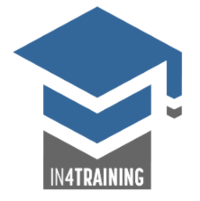


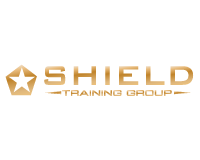
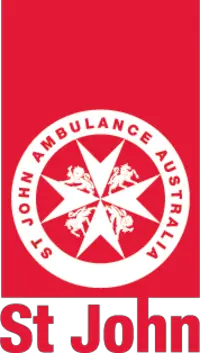





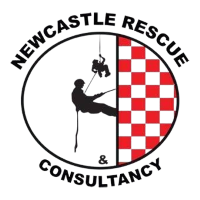












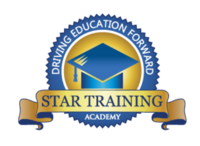



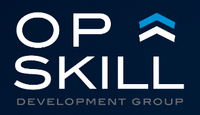





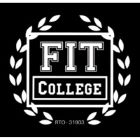





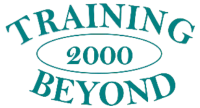


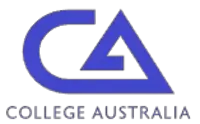
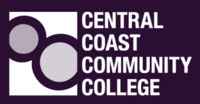
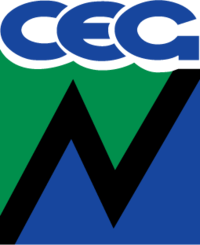



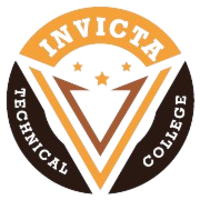


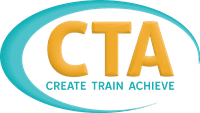
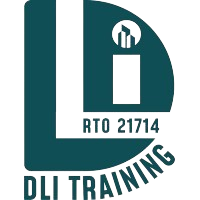






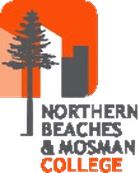




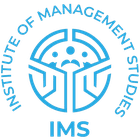




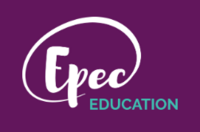
































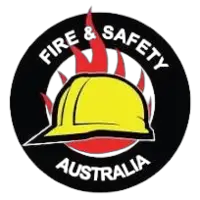

Career Pathfinder
Skills shortages + AI Exposure
Discover in-demand careers and understand how each role may be impacted by AI and automation.
- See in-demand occupations across Australia
- Check AI Exposure ratings
- Compare training duration and average income
Common questions
To become an Enrolled Nurse (EN), you must complete a Diploma of Nursing, which typically takes two years at a registered training organisation. After completing the diploma, you must register with the Australian Health Practitioner Regulation Agency (AHPRA). To become a Registered Nurse (RN), you must complete a Bachelor of Nursing, a three-year degree program at a university. Upon graduation, you also need to register with AHPRA.
 Craig Shepherd
Craig Shepherd
Yes, Enrolled Nurses can advance their careers by undertaking further education. Many universities offer pathways for ENs to complete a Bachelor of Nursing, taking into account their prior learning and experience, which may reduce the duration of the degree. EN’s still need to complete the Bachelor of Nursing, but their Diploma studies may be recognised, reducing the length of training.
 Craig Shepherd
Craig Shepherd
Practical experience is crucial in nursing, and employers love meeting nursing graduates who have already shown a commitment to gaining additional practical experience. While clinical placements are part of your study, there are other ways to gain practical skills, including:
- Clinical placements: Mandatory placements during your studies.
- Hop shifts: Working as an Assistant in Nursing (AIN) or Personal Care Worker (PCW) while studying.
- Volunteering: Giving your time to community health initiatives or volunteering at healthcare facilities.
 Craig Shepherd
Craig Shepherd
Further reading


Why is Nursing a Good Career Choice in Australia?
25th November 2022
What can you do with a Diploma of Nursing?
2nd February 2021All courses
- HLTAID011 Provide First Aid
- HLTAID014 Provide Advanced First Aid
- HLT47715 Certificate IV in Medical Practice Assisting
- HLT54121 Diploma of Nursing
- HLTAID015 Provide Advanced Resuscitation and Oxygen Therapy
- HLTAID013 Provide First Aid in Remote or Isolated Site
- Graduate Certificate of Health (Acute Care Nursing)
- Bachelor of Nursing (Enrolled Nurse)
- 52895WA Certificate IV in Preparation for Health and Nursing Studies
- Master of Advanced Nursing
- Master of Nursing
- Master of Advanced Nursing Practice
- Master of Occupational Health and Safety
- 10762NAT Course in Wound Closure
- HLT31220 Certificate III in Basic Health Care
- HLT64121 Advanced Diploma of Nursing
- HLT33115 Certificate III in Health Services Assistance
- Master of Science (Advanced Nursing Practice)
- Master of Health (Health Leadership)
- Bachelor of Nursing/Bachelor of Midwifery
- Bachelor of Nursing (Advanced Studies)
- HLT33115 Certificate III in Health Services Assistance (Assisting in Nursing Work in Acute Care)
More about Nursing courses
If you are considering a career in healthcare, pursuing nursing courses in Central Coast offers a diverse range of opportunities tailored to both beginners and experienced professionals alike. With a total of 33 nursing courses available, ranging from essential first aid skills to advanced degrees such as the Master of Nursing (Nurse Practitioner), students can choose a pathway that best suits their career aspirations and current qualifications.
For those just starting out, there are 15 beginner courses designed to equip you with foundational skills necessary in nursing and healthcare. Courses like the Certificate III in Health Services Assistance and Provide First Aid are highly regarded and can pave the way to various entry-level job roles. Comprehensive training is provided by local RTOs and institutions such as the Central Coast Community College and the REACH for Training, ensuring you receive quality education close to home.
For those with prior experience or qualifications, the Central Coast features numerous advanced courses such as the Diploma of Nursing and the Bachelor of Nursing. With offerings from providers like NSW Health and IHNA, experienced learners can further enhance their qualifications and readiness for diverse nursing roles in hospitals, clinics, and community health settings.
The Central Coast is home to several training providers with physical campuses, such as the Noble Training Academy and The University of Sydney, making it convenient for students to pursue face-to-face learning experiences. Additionally, courses offered by well-established institutions, including the UNE Partnerships, ensure comprehensive support for those embarking on their educational journey in nursing.
The Central Coast not only provides a variety of nursing courses but also the chance to enter a rewarding field that is crucial for community health and wellbeing. Students are encouraged to explore course offerings such as Perform Peripheral Intravenous Cannulation or Graduate Certificate in Emergency Nursing, to broaden their skill base. Whether you aim to work as an enrolled nurse or a nurse practitioner, the educational pathways available are adaptable to meet your ambitions and set you on a fulfilling career trajectory in the nursing profession in and around the Central Coast region.
